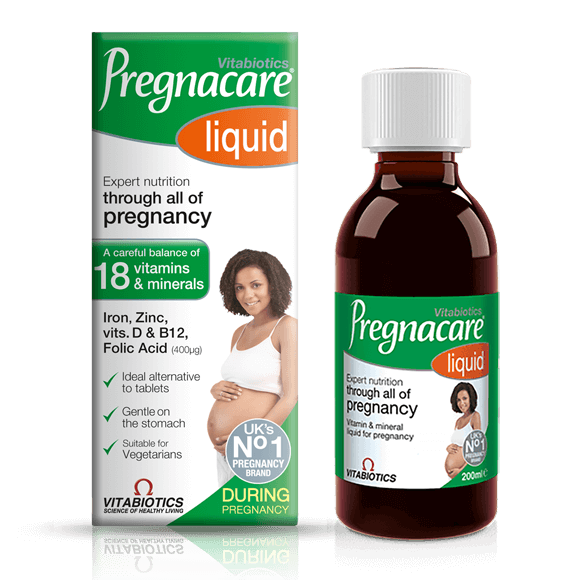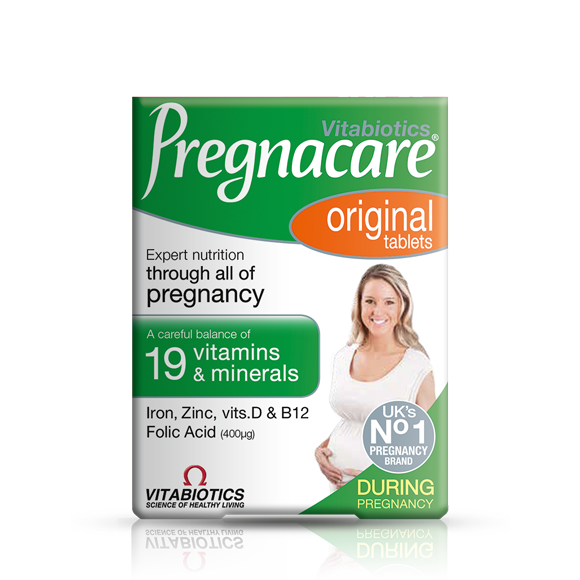If you’re pregnant, you might be wondering how to care for your baby bump and pregnant belly, both during and after pregnancy.
You can expect your baby bump to start to grow from around 13 weeks. However, all bodies are different, and some women look visibly pregnant sooner, and some much later. If it’s your second pregnancy you might show sooner than your first, as your muscles will have been stretched from previous pregnancies.
There are lots of things you can do to care for your bump that will help you have a more comfortable pregnancy and help you bond with your baby at the same time.
How to Care for Your Baby Bump During Pregnancy
It’s important to take care of your belly skin both during and after pregnancy. Wash the skin as you usually would, but avoid any heavily perfumed products as these may irritate sensitive pregnancy skin.
Avoid very hot baths or showers when you are pregnant because of the risks of overheating and fainting. Becoming too hot can potentially harm your unborn baby.
Keeping the skin on your bump moisturised will keep stretching skin supple, and will help to stop skin getting dry or irritated.
Help keep your stretching skin hydrated by using a product like our Perfectil Biotherapy Body Oil, specially formulated to nourish and moisturise even the driest of skin and containing 100% natural oils, including Rose Hip, Argan, Coconut, Avocado, Macadamia and Wheatgerm Oil, plus Shea Butter and vitamin E and A. The unique botanical blend is free from mineral and synthetic oils, petroleum additives, parabens, SLS and artificial colours, and can be used to help tackle a range of skin concerns, from scars and stretch marks to overall hydration.
Perfectil Biotherapy Body Oil is safe and effective during the months of pregnancy and may be continued to be applied after giving birth, to help the contracting skin to stay supple. In consumer trails 95% of users agreed that it reduced dryness and moisture loss after just one week!†
†Consumer trial involving 60 women. Individual results may vary.
Can You Message Your Belly While Pregnant?
Massage can be an effective way of relaxing during pregnancy, but if you must tell your masseuse that you are pregnant, and make sure they are experienced in giving prenatal massages.
Very gentle massage of your belly skin can be safe and relaxing, but in the first trimester any form of massage – either from a professional or by yourself - should avoid the lower pelvic area near the uterus.
How to Prevent Stretch marks during pregnancy
Stretch marks on your belly can be a common pregnancy symptom, so you might be wondering how to prevent stetch marks during pregnancy.
Stretch marks can occur for women during different stages in life, including pregnancy, and can appear anywhere on the body where the skin has been stretched. They can occur when the lower layer of the skin containing collagen and elastin, which give our skin its elasticity, becomes damaged by a rapid weight loss or weight gain, such as in pregnancy. The purple appearance of the stretch mark is caused by the small blood vessels beneath the surface, which become more visible with stretching.
During pregnancy, it can help to care for your stretching skin by keeping it supple and moisturized. Pregnacare Stretch Mark Cream is a rich massage cream that is specially formulated to care for stretching skin during pregnancy and may be continued to be applied after giving birth, to help the contracting skin to stay supple. In UK trials with pregnant women, 73% of the women reported that their skin was more supple after just two weeks of applying Pregnacare Stretch Mark Cream.
Pregnacare Stretch Mark Cream contains vitamins C and E and botanical extracts including natural extract of Calendula, Aloe Vera and Evening Primrose Oil, which together gently protect, nourish and moisturise stretching skin. Fragranced with lavender and citrus, it contains no artificial colours.
How to Clean Your Belly Button When Pregnant
You might be wondering how to clean your belly button when you’re pregnant. Wash your skin as you normally would in the bath or shower, using warm water and a flannel and soap or shower gel. Make sure you rinse it clean and pat it dry with a towel.
If your skin is more sensitive during pregnancy, look for soap and shower gel that is fragrance-free and designed to be used for dry or more sensitive skin.








Comments (0)